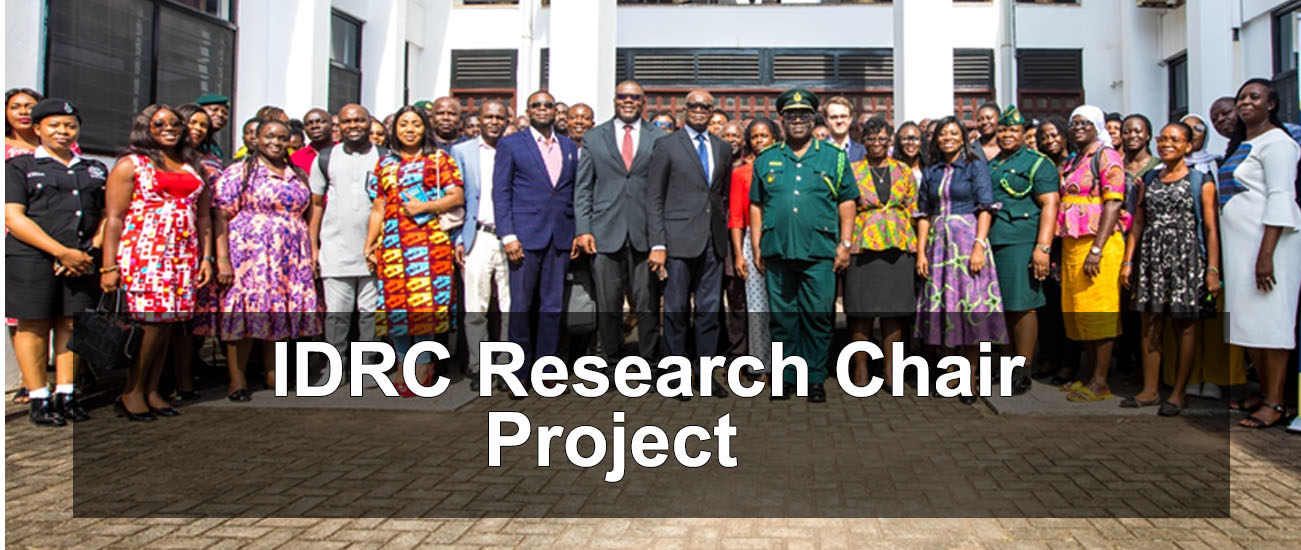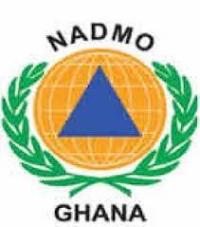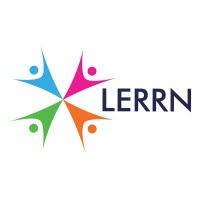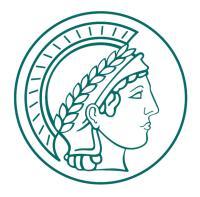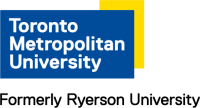About the project
The proposed forced displacement research chair programme adopts gender-transformative and interdisciplinary approaches with robust methodologies and techniques that sustain and contribute towards vigorous gender analysis as well as transformative attitudes which support gender equality in the management of forced displacement issues. The overarching goal is to establish inter-disciplinary evidence and generate significant body of knowledge which can contribute to improved understanding of forced displacement, and the livelihood opportunities, as well as access to economic and social services from a gender perspective which can also contribute to informing the development of new gender-sensitive approaches or strengthening of existing frameworks to effectively deal with forced displacement in West Africa. Giving that forced displacement affects individuals and households from diverse economic, gender, social, religious and political backgrounds, the research programme includes displaced populations from diverse communities, displaced populations living in and out of camps, as well as those from different histories, legal status and experiences with the sole objective of tackling the structures in several countries that propagate disparities founded on individuality. The end products of the research programme including recommendations and outputs would be made accessible to relevant governmental and international agencies and persons of interest to support practical application of more permanent solutions to displacement related issues within the West African region and globally. The research programme aims at the conception of novel data and body of knowledge which would contribute to a better comprehension of forced displacement situation. It would equally support in establishment of practical policies that will go a long way in preparation towards, inhibiting, and appropriate measures taken in management of disaster induced displacements.
- To assess the root causes and drivers of forced displacement and their social differences including gender, peoples understanding of threats, tensions, root causes and their resilience to insecurity.
- To examine the extent of livelihood opportunities among forced displaced populations and how they intersect with gender, skills, age.
- To investigate the level of access of displaced population to economic, health and education, particularly for women and youth.
- To evaluate existing governance systems, legal frameworks to promote or expand services to displaced population.
- To contribute to a regional approach to promoting international partnership and recommend best practices within the ECOWAS region.
- To train early career scholars and build the capacity of stakeholders to respond to the needs and challenges of forced displacement.

